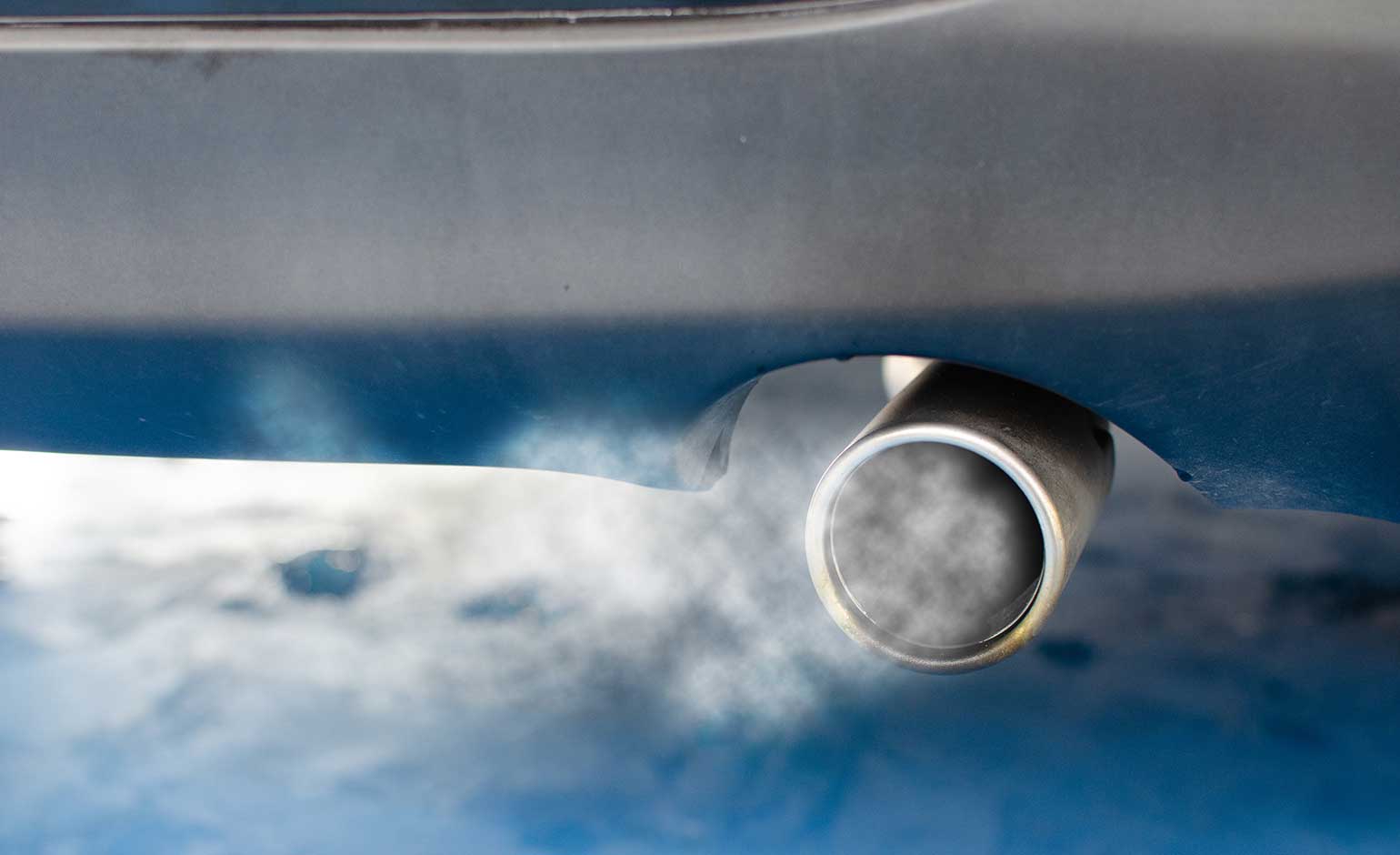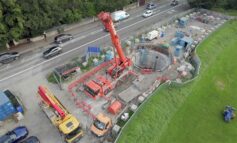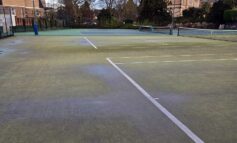The cost of parking in a pay-and-display car park in Bath and North East Somerset could soon be based on how polluting your car is.

Permits for residents’ parking zones are already based on the emissions data or engine capacity of vehicles. There is a 25% surcharge on top of this for diesel vehicles.
Now that policy could be rolled out to the Bath and North East Somerset Council’s pay and display parking too.
Council cabinet member for resources Richard Samuel said: “The more polluting the vehicle, the higher the parking charge you pay.”
The proposal is included in the council’s budget plans, but no details about what the charges will be or when the change will come into effect have yet been made public.
Mr Samuel said: “Vehicle pollution has got seriously damaging impacts on health.”
He added that there was a “strong causal link” between air pollution and health, and said: “What’s being done is trying to create a causal link between the emissions of your vehicle and the charge you pay.”
The council publishes an Air Quality Annual Status Report each year. The 2022 report states: “The main pollutant source within [Bath and North East Somerset] is road traffic. This is exacerbated in Bath with the city being set in a valley surrounded by hills which can trap the pollution within the city.”
The plan to extend emissions-based parking to car parks is the council’s latest move to combat this pollution.
In 2021, the Clean Air Zone came into force with the aim of reducing the amount of nitrogen dioxide in the city, a pollutant caused by traffic which can have a number of health impacts and which was exceeding legal limits on several streets in Bath.
The price of parking in council car parks last increased in November, which was only the second rise in 12 years. Pay and display charges mostly went up by 10p an hour in Bath but people with season tickets to the car parks saw a more dramatic increase — with one permit that allows 24-hour parking every day of the week increasing by almost £2,400.
The budget will go before full council for approval on 21st February.
John Wimperis, Local Democracy Reporter



